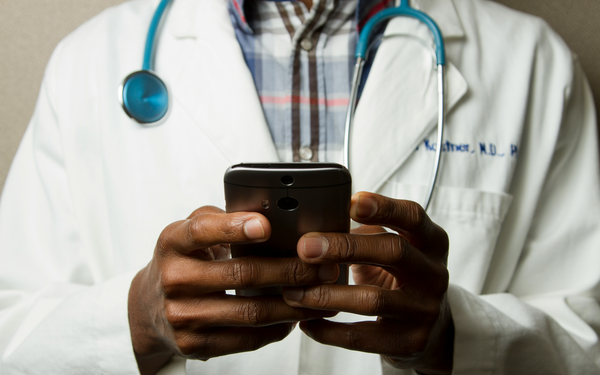
Consumers are increasingly accessing healthcare outside of
primary care physicians (PCPs) -- and more are relying on both caregivers and on healthcare professionals (HCPs) who aren’t doctors.
They’re also finding healthcare solutions
through generative AI responses on search engine result pages, as well as through social search and interest-based social media.
Those are just some of the trends “shaping the future of
healthcare marketing,” per “The New Health Consumer,” a CMI Media Group Global Marketplace Assessment published Sept. 17.
Declaring that marketers need to move from a
“sick care” approach to one truly focused on healthcare, the WPP agency advocates for a proactive, data-driven, and omnichannel approach to engage both consumers and HCPs.
In a
“significant shift,” millennials and younger generations in particular are “turning to urgent care centers, minute clinics, and telehealth services instead of traditional PCP
visits” to access medical care, the report explains.
advertisement
advertisement
In addition to changing the point-of-care marketing landscape, these patients are apt to use their time in physical waiting rooms or
following telehealth consultations to actively search for health information online, making “digital channels, including search and social media, crucial for reaching patients at key
decision-making moments.”
Meanwhile, the HCP community is changing. “A growing physician shortage and the increasing capabilities of advanced practice providers (APPs) like nurse
practitioners and physician assistants are leading to a paradigm shift." So marketers targeting the HCP community must treat APPs “as a primary audience rather than a secondary one. “
In the patient journey, generative AI and the rise of social search has led to a “dramatic transformation” in “where and when clicks happen, as users increasingly find answers
directly on the search results page,” the report elaborates. “Social search is also gaining traction, particularly among younger generations who are turning to platforms like Reddit,
TikTok, and Instagram for information.”
The report suggests ways marketers can navigate these dramatic changes in the healthcare landscape. For example:
-- With consumers
“increasingly resistant to generic, repetitive ads,” marketers should “leverage interest-based algorithms on platforms like TikTok, Instagram, and Facebook to deliver content
that resonates with their passions and values." This means moving beyond “get more information about this drug” messaging to “explore patient stories, corporate social responsibility
initiatives, and other heartwarming content opportunities.”
-- "Invest in AI-driven social listening tools to quickly identify relevant conversations and inform your marketing
strategy.”
-- “Think global, act local” by moving beyond siloed approaches, using “a connected ecosystem where best practices are shared and spend is leveraged across
markets. While the U.S. often pioneers marketing innovation, adapting these strategies to diverse markets while maintaining compliance is crucial.”
Leveraging off that last bullet point,
CMI announced the opening of a Paris office and named Aurélie Rizzo director of the agency’s global business.
CMI first expanded outside the U.S. just two years ago with the
opening of a London office, and the agency says it now serves clients in over 100 countries.